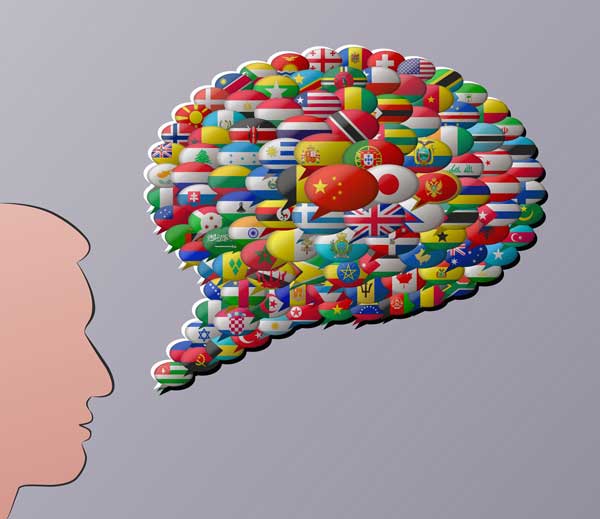This is a tough question to ask as there could be many different answers which depend on where you are located and what type of translation you are most skilled in.
In general terms, the most lucrative translation is between languages spoken by the wealthiest nations. This means that there is going to be a higher volume of demand for document translation services and clients are prepared to pay higher rates as well. That means all the European languages where the standard of living is highest such as the Scandinavian languages, German, French and Italian as well as Asian languages such as Japanese and Korean.
However, this is only one way of looking at the demand for specific languages. Languages like Spanish and Chinese are important for translators because of the sheer number of people who speak those languages. To a lesser extent, other languages that are spoken widely are very important for translation work such as Arabic, Hindi and Indonesian / Malay.
The question of which languages also depends on where you are going to be most active as a translator. Some translators concentrate on their own home market while others are much more international. The availability of the Internet means that translation does not necessarily have to be confined to borders. However, for Canadians, French and English are bound to be the two most important languages in that bilingual country. Similarly, Tamil and Sinhala (as well as English) are important in Sri Lanka, English and Spanish in the U.S. and so on.
The number of languages is also important for anyone who is involved in document translation services. Most European translators, for instance, are likely to be able to translate several different languages in addition to their own and need to be fluent in each of them. Australian translators may concentrate on a limited number of languages, especially Asian ones like Japanese and Chinese, which are languages of Australia’s major trading partners.
Translators who are just starting out on a career in translation may also need to think of trends in the global economy and what type of material they are thinking of specialising in. Where is the global market place expanding and growing the fastest? What is the competition for translators in that market place?




